6 Mistakes Women Make With The Morning-After Pill
Are You Taking Plan B Correctly? 6 Mistakes Women Make With The Morning-After Pill
Share the post
Share this link via
Or copy link
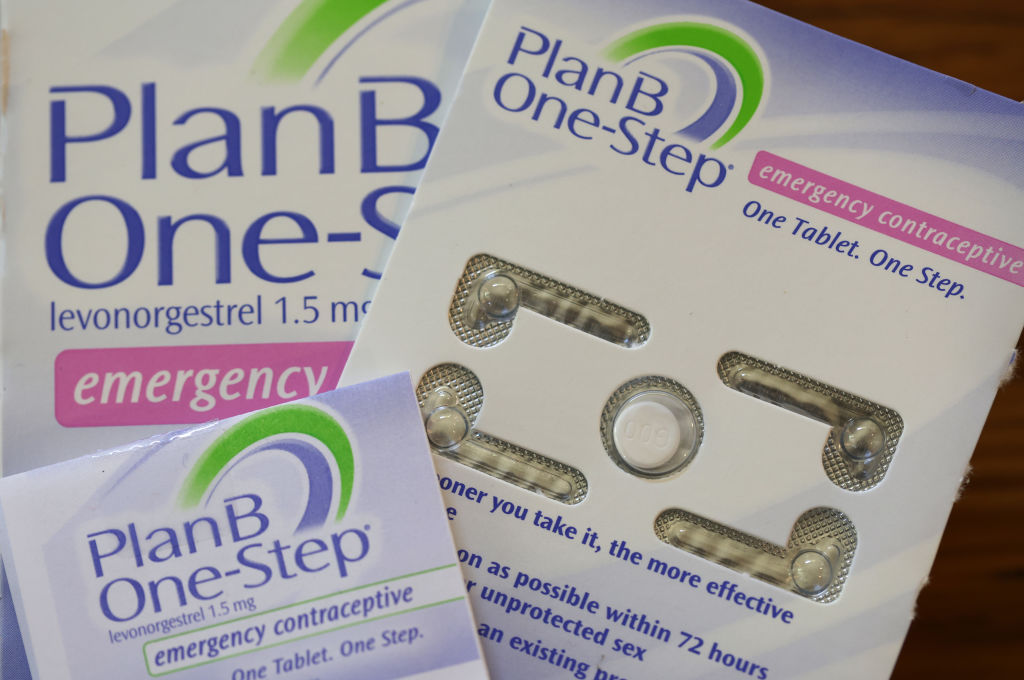
Source: Justin Sullivan / Getty
The condom breaks. Your ovulation tracker was off. You didn’t realize you missed your pill two days in a row; it would be difficult to find a sexually active woman who hasn’t had one of these experiences. Realizing that your primary form of birth control might have failed you has always been a scary moment. It’s even more terrifying in a post-Roe v. Wade world where women are rapidly losing access to methods for addressing unplanned pregnancies. That’s why understanding how to use other backup methods, such as the Plan B pill – sometimes called the morning-after pill – is so important.
According to the Kaiser Family Foundation, the use of the plan B pill has been on the rise over the last two decades, with more than one-third of sexually active women ages 15 to 34 reporting having taken it. The FDA reports that Plan B works by stopping the release of an egg from the ovary. It might also prevent sperm from joining an egg (aka fertilization). If fertilization takes place, Plan B can prevent a fertilized egg from attaching to the womb. Plan B is 87 percent effective when taken correctly – and those final three words are crucial. Here are common mistakes women make with the Plan B pill.
Resuming Your Usual Pill (Sometimes)
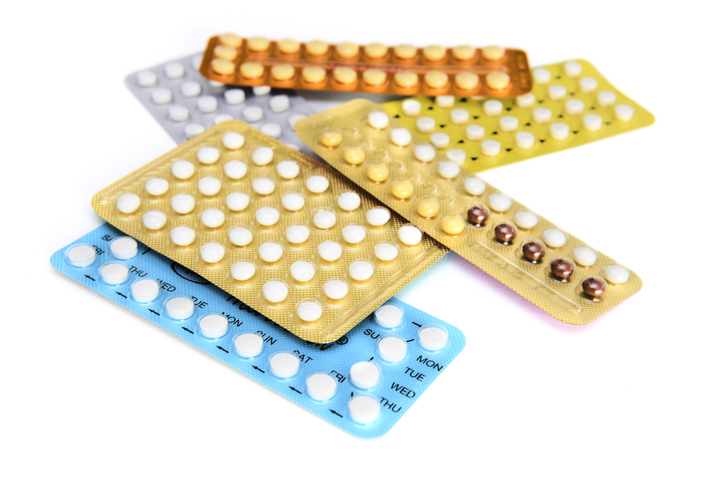
Source: Peter Dazeley / Getty
If you already have pregnancy prevention on the brain, then resuming your usual hormonal birth control pill might seem like the natural thing to do. However, hormonal birth control can reduce the effectiveness of one brand of the morning-after pill called Ella. According to Planned Parenthood, Ella is the most effective form of the morning-after pill. However, starting or resuming any form of hormonal birth control within five days of taking Ella can reduce both the morning-after pill’s efficacy and your birth control’s efficacy.
Waiting Too Long To Take It
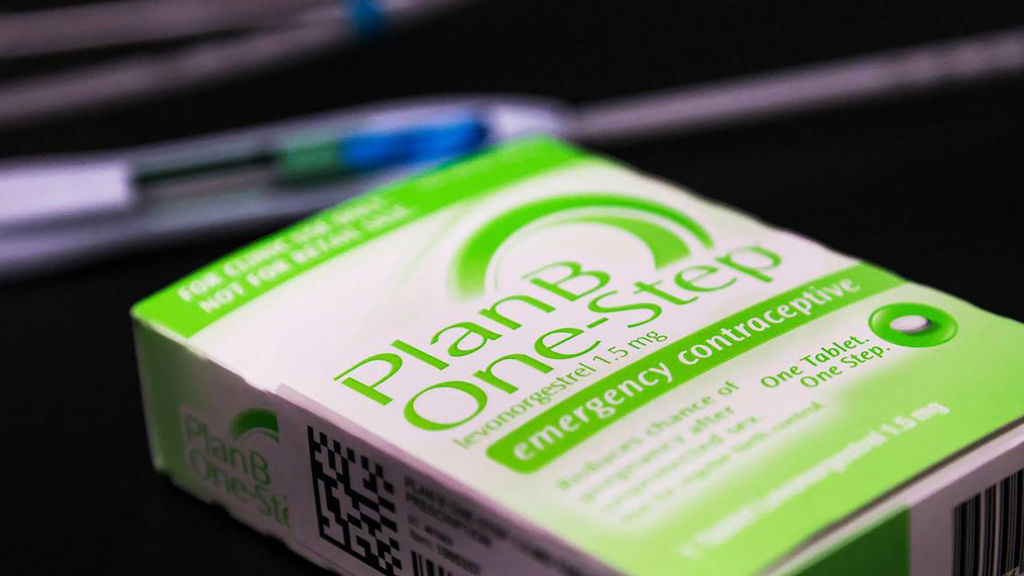
Source: Idaho Statesman / Getty
Love MadameNoire? Get more! Join the MadameNoire Newsletter
We care about your data. See our privacy policy.
The morning-after pill is effective when taken within five days of unprotected sex (or when your usual form of birth control failed you). However, it is important to understand that it is most effective when taken within the first 72 hours of the incident in question – after that, its efficacy begins to drop. If you find your usual pharmacy isn’t open or is out of the morning-after pill within that 72-hour weekend, it is well worth the effort to find another one.
The Pill Isn’t Your Only Option
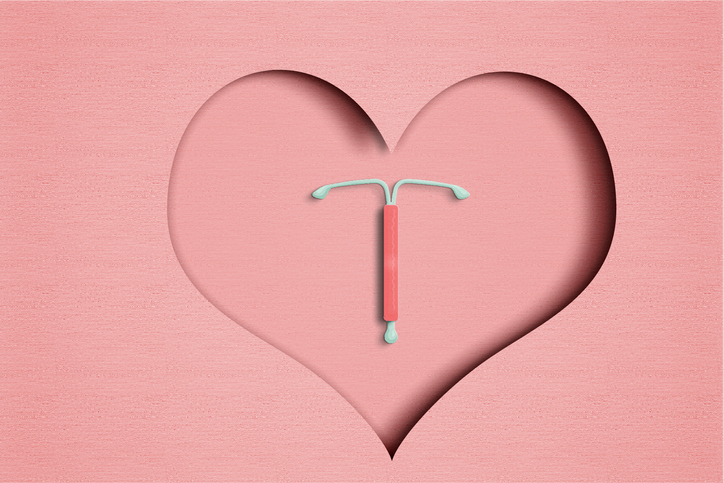
Source: Carol Yepes / Getty
Here’s one of the greatest misunderstandings about the morning-after pill: it’s the only option when it comes to emergency contraception. As Planned Parenthood reports, certain IUDs including Mirena, Paragard and Liletta work as emergency contraception. They, like the morning-after pill, can be effective up to five days after unprotected sex. In fact, they are the most effective form of emergency contraception and can lower one’s chances of getting pregnant by 99.9 percent when inserted within five days of unprotected sex.
Being Unaware Of BMI Limitations
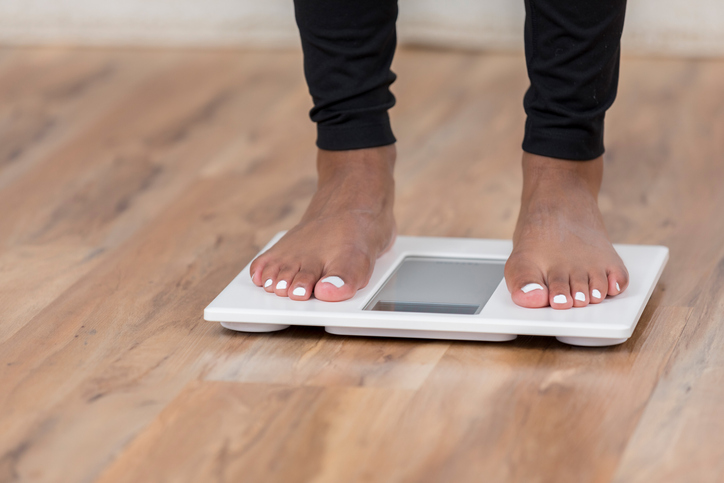
SDI Productions
The morning-after pill itself is less effective on women with a BMI of over 25. It is not ineffective – just less effective. Put simply, the problem arises from the poor distribution of the drug throughout the body. The good news is that the aforementioned IUDs are effective forms of emergency contraception for women with higher BMIs.
You Have A Redo

Source: Goodboy Picture Company / Getty
It’s a common misconception that after taking the morning-after pill, you’re in the clear to have more unprotected sex – as if the pill is in there warding off all unwanted pregnancy. It’s important to understand that the morning-after pill only delays ovulation but does not eliminate it. So, accidental pregnancy is still a risk if you have unprotected sex within the window of taking the morning-after pill.
You Take Certain Pills
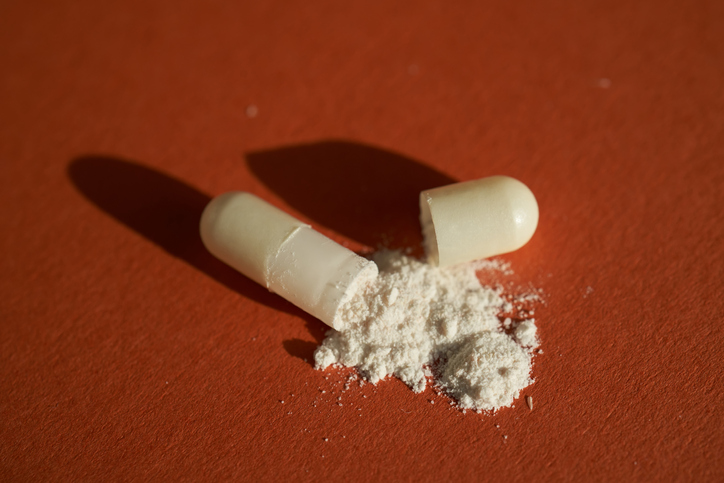
Source: Mariya Borisova / Getty
There are some medications that can reduce the effectiveness of the morning-after pill, according to Health Unit. These include:
- Anti-HIV drugs
- Antibiotics
- Rifabutin (brand name Mycobutin)
- Griseofulvin (brand name Gris-PEG)
- John’s wort
- Anticonvulsants (epileptic seizure medications such as Lyrica, Neurontin and Tegretol)
- Rifampicin (brand names Rifadin and Rimactane)
-

Meet Dominique Fils-Aimé, The Haitian-Canadian Star Redefining Jazz For A New Generation: ‘This is My Vision' [Exclusive]
-

Cooking With Purpose — How Brittney Williams Honors Her Caribbean Roots Through Food
-

9 Famous Lesbian Women Who Were Married To Men
-

Purpose Behind The Lens: How Nate Edwards Films The Extraordinary Inside The Everyday








